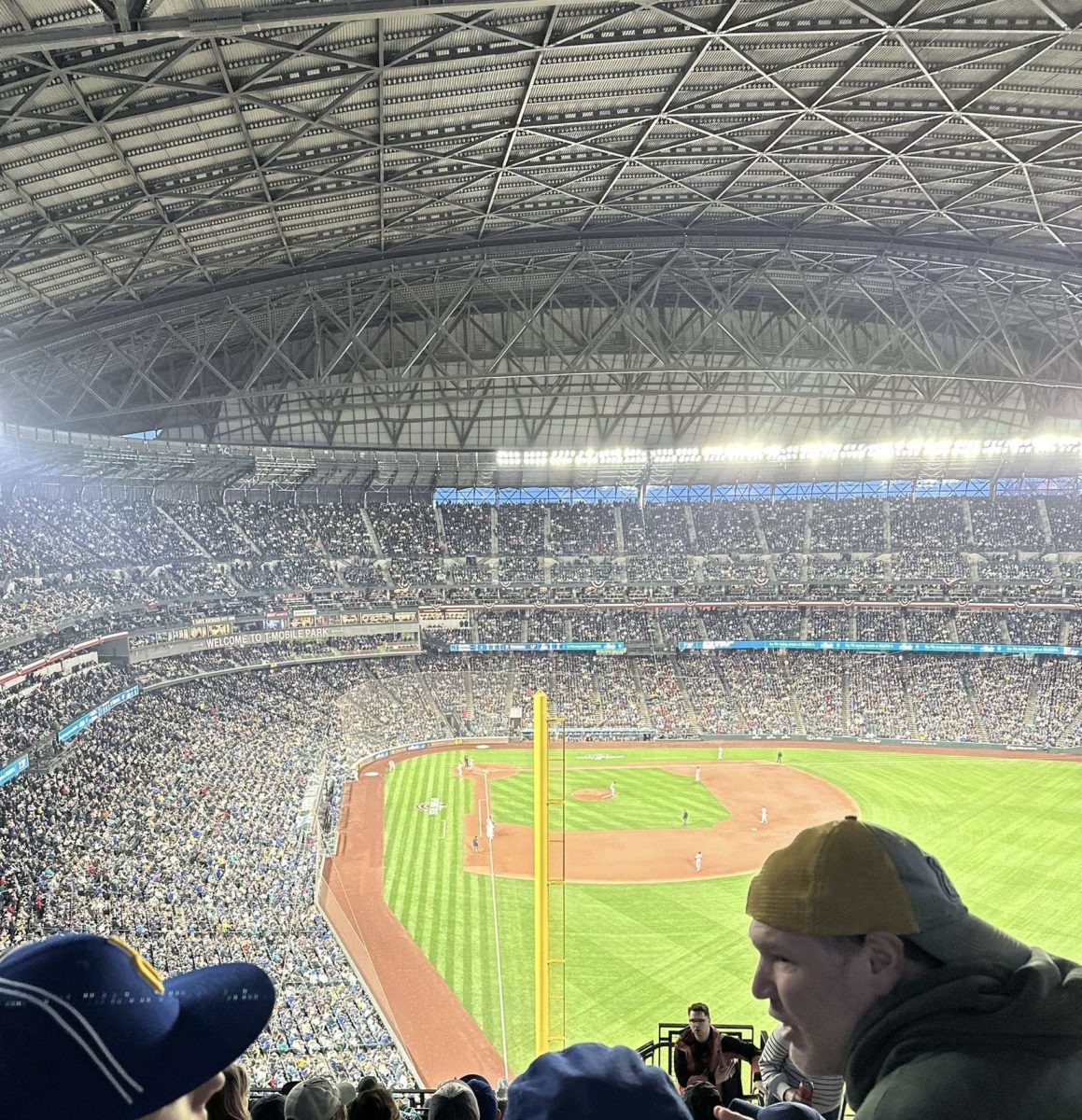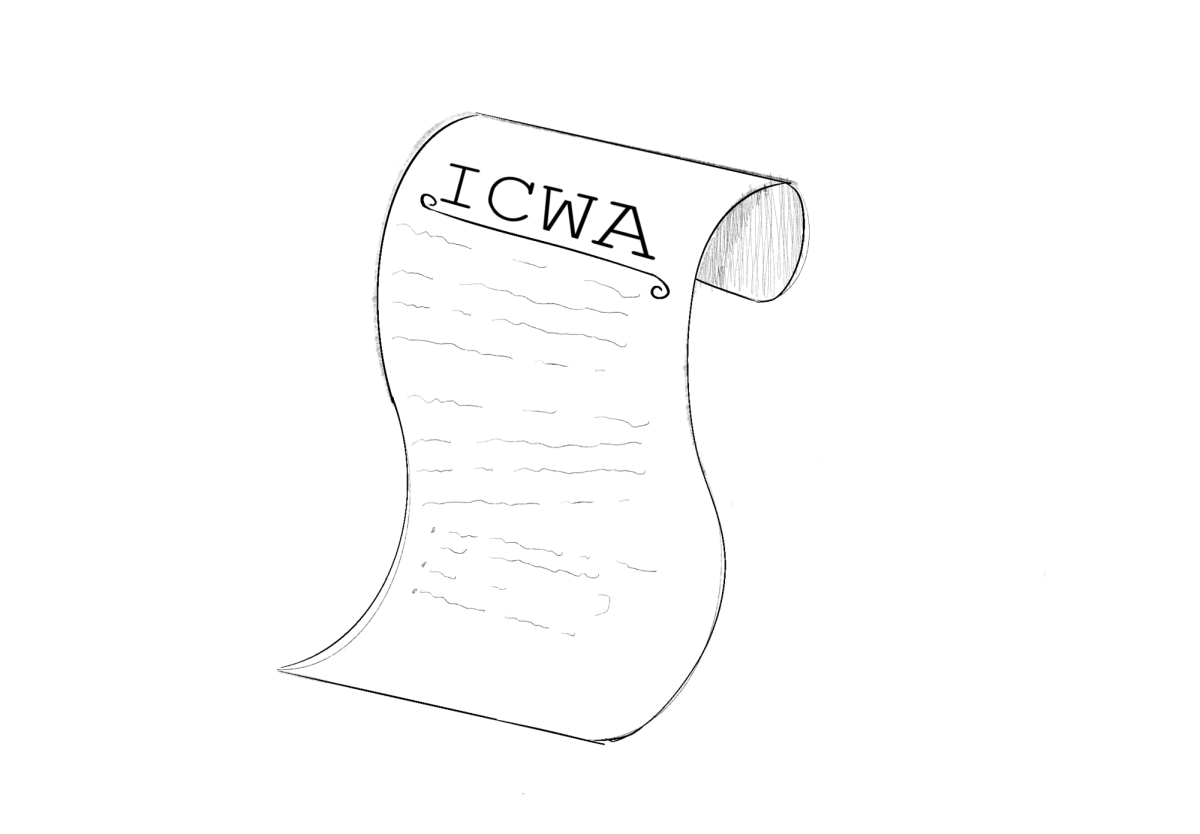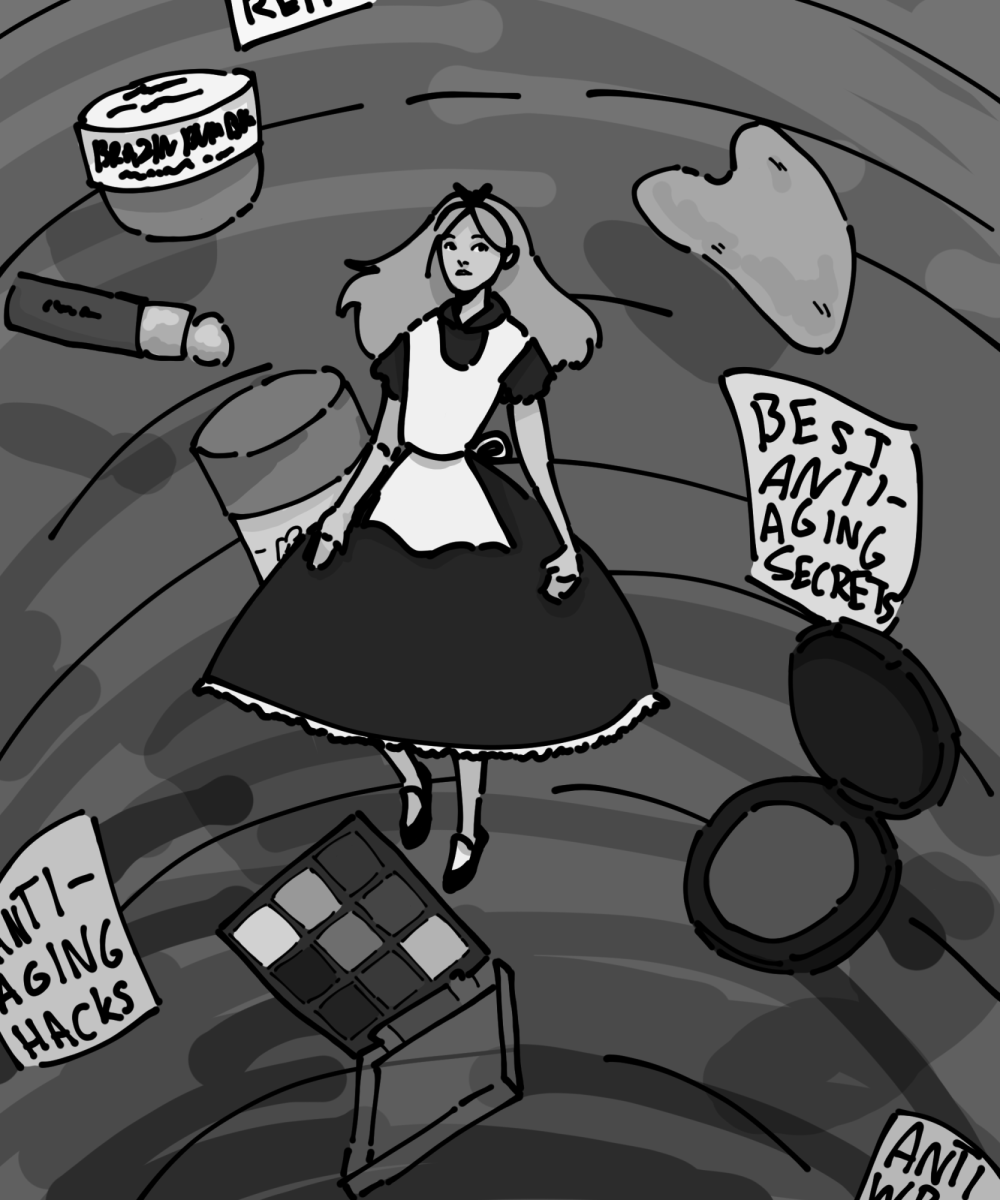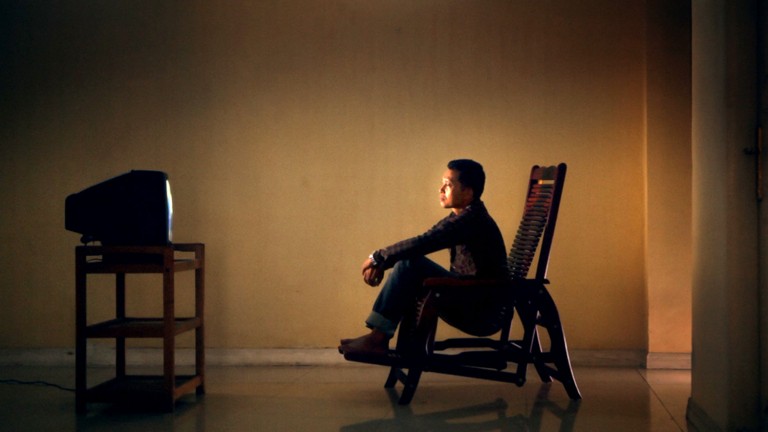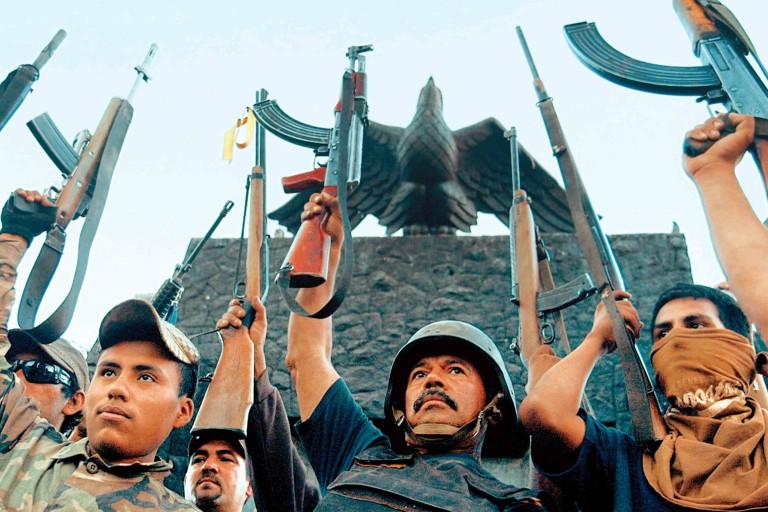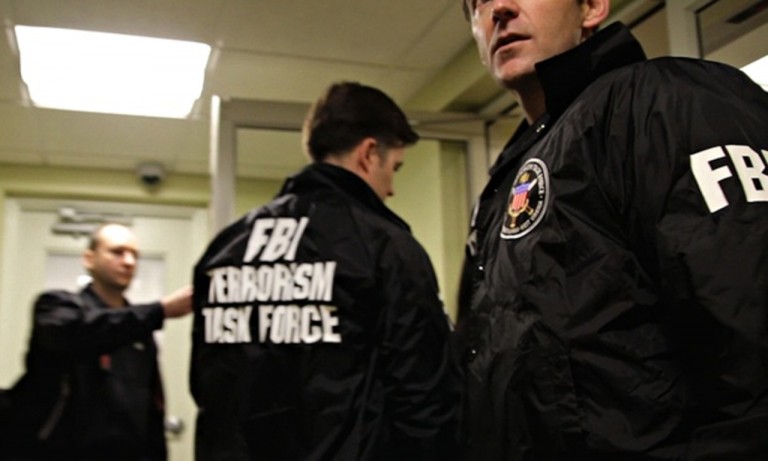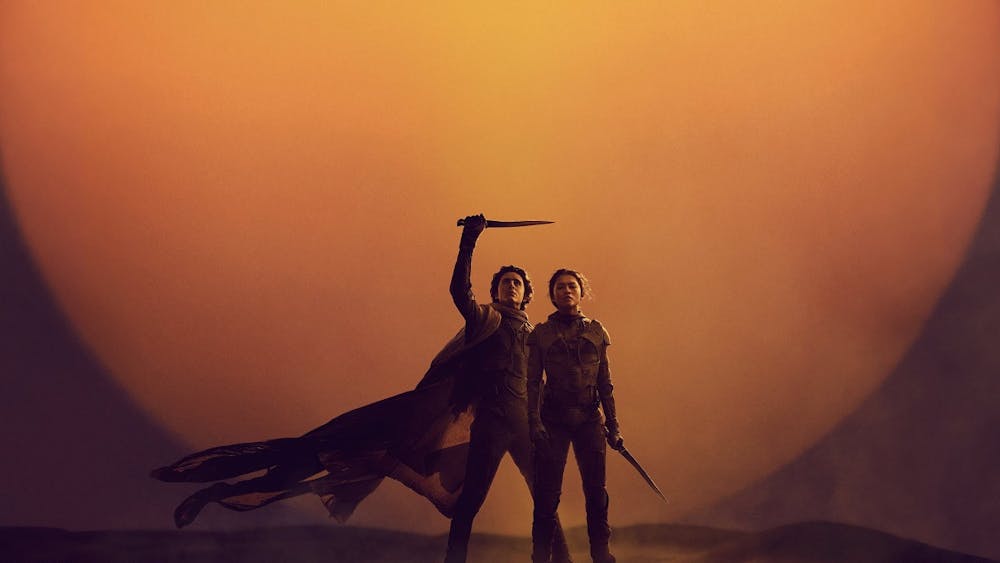From terror stings to drug cartels to Indonesian mass killings, these are three of the most important docs of last year
Leo Pfeifer, Staff Reporter
Originally published April 19, 2016
The Look of Silence | Joshua Oppenheimer
“It’s as though I’m in Germany 40 years after the Holocaust, but the Nazis are still in power.”
“The Look of Silence,” nominated for an Academy Award, is the follow up to director Joshua Oppenheimer’s film “The Act of Killing.” It follows the brother of one of the most well-known victims of Indonesia’s genocide, Adi, as he travels around the country confronting the perpetrators.
“There’s no documentary film where survivors of a genocide confront the perpetrators while the perpetrators are still in power,” director Joshua Oppenheimer said in an interview with Vanity Fair.
Demonstrating the power of documentary storytelling, both “Silence” and “Killing” have broken ground in ending the silence and fear surrounding the still immensely powerful effects of Indonesia’s genocide. A tremendous feat for a nation of 250 million people.
Oppenheimer and his subjects take the audience on transformative journeys — “Killing” shows the perpetrators coming to terms with the atrocities they have committed as they reenact them for the camera.
“Silence” follows Adi’s journey as the film paints a picture of a country controlled in part by the perpetrators of a genocide, from the perspective of a survivor. As he meets with others, eventually confronting the perpetrators, you understand his feelings of helplessness and desperation.
Throughout this exploration of Adi’s world, you see the echoing effects of the genocide that still remain, from young children in a classroom being taught that the genocide was their liberation from communists to Adi’s father aimlessly crawling across the floor of his home, torn apart by the loss of his son.
“The Look of Silence” is not only one of the best documentaries of 2015, it is one of the best documentaries ever made, and should not be missed.
Cartel Land | Matthew Heineman
“We can’t become the criminals we’re fighting against.”
“Cartel Land,” also nominated for an Academy Award, examines the issues surrounding Mexico’s drug cartels by telling the story of vigilantes fighting against them. It’s easy to forget that “Cartel Land” is a documentary while watching it, as it foregoes what many consider the traditional documentary format and tells the story almost entirely through unfolding scenes, much like a fictional film.
The film is gripping and fascinating throughout. Each scene propels the story forward with new, unexpected twists at every turn. The director, Matthew Heineman, holds certain scenes until later in the film. The placement of these scenes brings revelations that can shift your perspective on everything you’ve seen to that point.
During life threatening firefights where most camera operators would come away with barely distinguishable images, the visuals in “Cartel Land” carry on as if nothing happened, adjusting for exposure, composing a shot and setting the focus mere seconds after jumping out of a car taking gunfire and taking cover as the subjects return fire.
The real power of “Cartel Land” comes from the story it tells. The film primarily focuses on the Autodefensas, a grassroots group that has risen up in arms to fight the cartels.
While this would be gripping on its own, the real intrigue is the cycle the Autodefensas go through — first effectively recruiting citizens to fight the cartels, then transforming into the exact opposite of their original intent, forcing the Autodefensas leader to flee for his life.
This story not only serves as a metaphor for larger issues surrounding drug cartels in Mexico, but a story that has unfolded time and time again throughout history.
(T)error | Lyric Cabral and David Felix Sutcliffe
“What happens when an FBI informant invites a camera crew on an active terror sting — without telling the FBI?”
“(T)error,” winner of a Special Grand Jury Prize at Sundance, is an unprecedented film that exposes the misleading, corrupt nature of FBI terror stings. The film follows Saeed Torres, an FBI counterterrorism informant.
Lyric Cabral, one of the film’s directors, met Torres in 2002 when he was her downstairs neighbor. After learning that he was an FBI informant, they stayed in contact.
In 2011, “(T)error’s” other director, David Felix Sutcliffe, expressed interest to Cabral about making a film about an FBI informant. Sutcliffe’s work in the past has addressed similar issues, so Cabral felt comfortable telling him about the contact she had. Torres then agreed to let the filmmakers secretly follow him through a sting.
The film reveals a web of entrapment, exposing an informant’s financial incentive along with the FBI’s political and public relations incentive to “create” cases of domestic terrorism that they then “solve” and “bust.”
“(T)error” also explores an immensely personal side of Torres, opening up more and more as the film carries on. He reveals the guilt that haunts him from his time as a counterterrorism informant, facing the reality of the many innocent lives he’s ruined for his own financial gain.
In a similar vein to Laura Poitras’ “Citizenfour,” (2014) the filmmakers of “(T)error” demonstrated a special form of courage in their willingness to challenge and prod an immensely powerful force — the U.S. government — to tell a story that needs to be told. The film shines in its ability to not just tell us about a political issue, but to show us a story.
It’s easy to look past news stories about FBI counterterrorism entrapment, but all of that changes when you see it happen in front of your eyes, especially in a way that the government would never want you to see.
![West Seattle High School’s (WSHS) Chinese program is closing down and teachers in the program are informed to transfer to a different high school. At WSHS, 475 both former and current students have signed a petition to help teacher Ying Yu continue her Chinese program. She shares that initially, the program offered only four classes with 90 students but with her initiatives, the program grew to be full-time with 154 students and 137 students on the waiting list. (Seattle Public Schools Board Meeting YouTube Channel: Seattle Schools Board Meeting May 8, 2024, [58:25])](https://ballardtalisman.org/wp-content/uploads/2024/06/Screenshot-2024-06-14-134038.png)
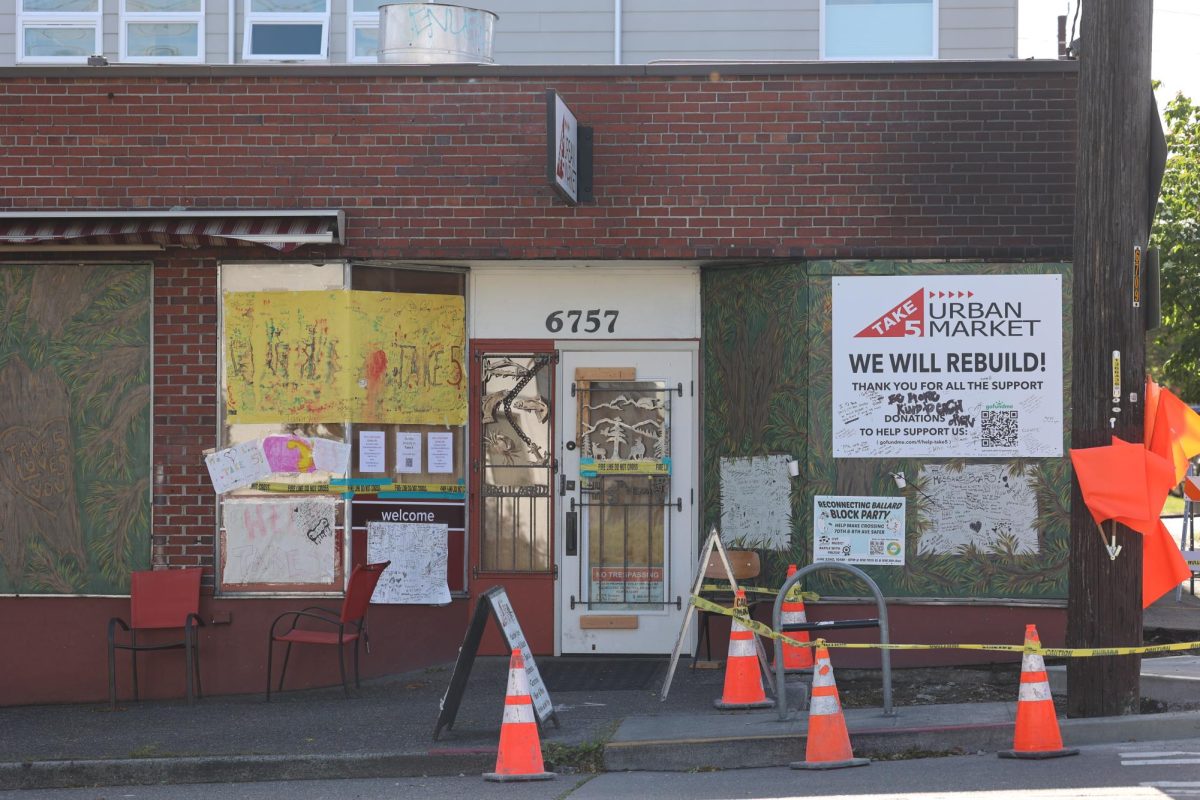

![“Link Crew is meant to be a way for [upperclassmen] to help ninth graders with the transition to high school,” Laura Lehni, language arts teacher, ASB advisor and Link coordinator, said](https://ballardtalisman.org/wp-content/uploads/2024/05/IMG_4601-1200x800.jpg)



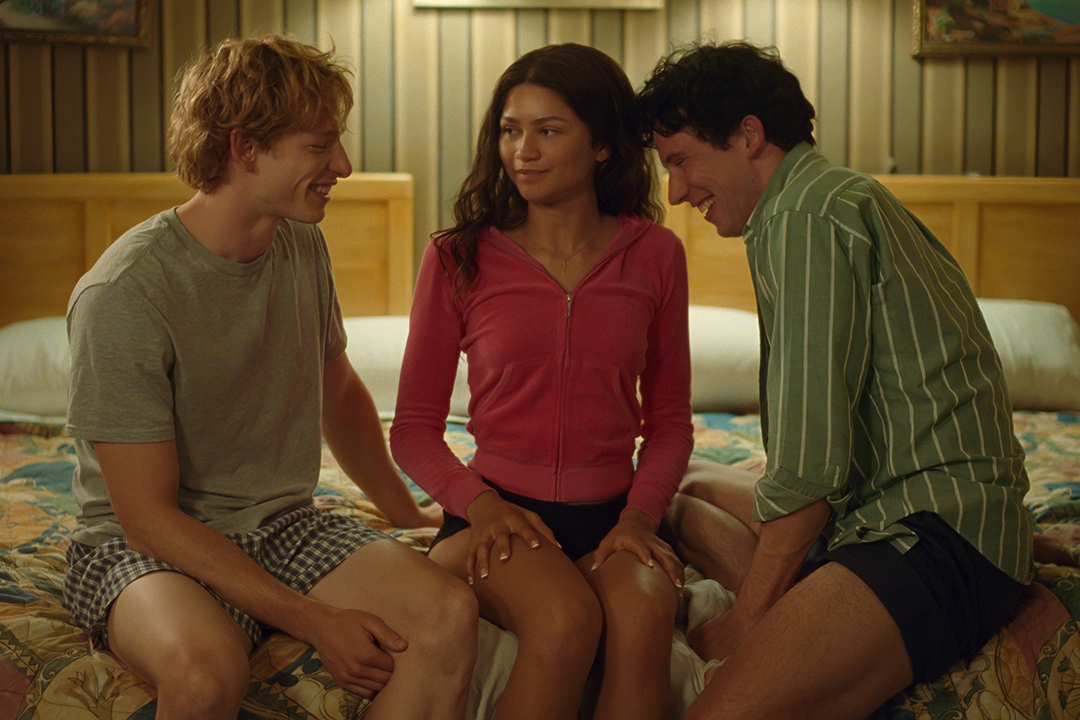

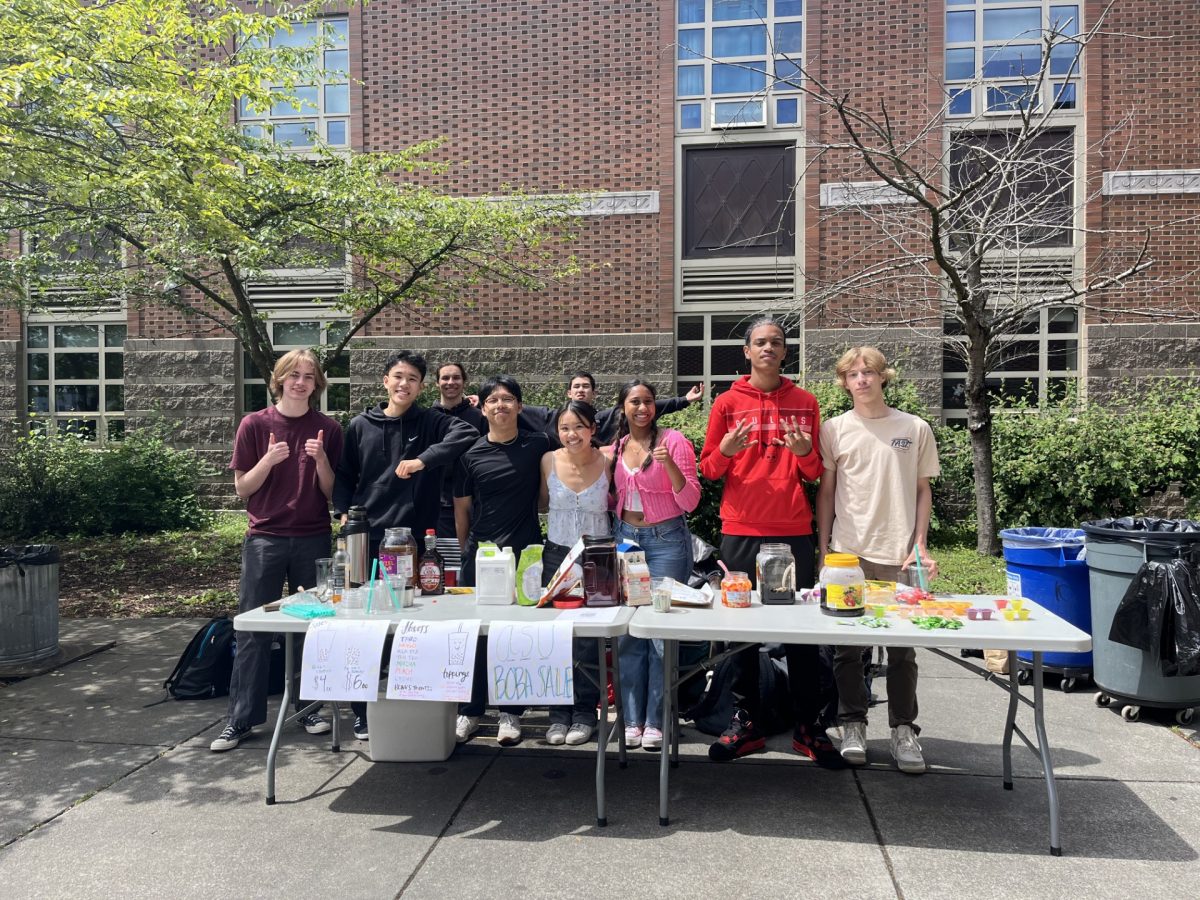




![Henry Willy [pictured left] taking the field with his teammates in a 10-11 loss vs. Saas.](https://ballardtalisman.org/wp-content/uploads/2024/05/IMG_2431.jpg)
